Tran Thanh wrote: "Next to Mai is Binh Minh and Duong. Both are the light of Mai's life. But Binh Minh will be bright! But on the other side is Trung Duong. Although it is sunlight, it will fall down!". Through Tran Thanh's comment, readers can understand the concept of "duong" that the director wants to talk about is the association of sunlight with "the light of Mai's life", because only "duong" (昜: sun) is suitable for "dawn" (平明: when the sky just brightens). However, Tran Thanh's explanation is wrong in the word "trung duong".
Firstly, the yang in "trung duong" is not the sun, so it has nothing to do with "sunlight", yang (洋) here is "sea". Trung duong means "continuous seas" ( Vietnamese Dictionary , Hoang Phe editor-in-chief, Da Nang Publishing House, p.1085). On the other hand, in Chinese, according to Baidu Encyclopedia, trung duong (重洋) has 2 meanings: a. A layered ocean ( Nhất trung trung dich hai duong ); b. Distant sea, ocean thousands of miles apart ( Vien duong, thien ly trach dich hai duong ).
Second, "trung" does not mean "trùng lên". In Vietnamese, there are at least 7 Sino-Vietnamese words read as "trung", all of which originate from Chinese: 冲, 沖, 爞, 种, 虫, 蝩, 重. In terms of verbs, these 7 Chinese characters contain many meanings, but none of them means "trung lên", only " trung " (沖) means "jump up, soar up", for example: nhat phi trung thiên (一飛沖天): "fly one moment and soar up to the sky" ( Historical Records ). Thus, writing "trung lên" is incorrect. In Vietnamese, there is only the word "trung" which means "withdraw, not daring to continue to advance, continue to act"; or "trung" : "in a state of not being stretched out in length: a loose string ; liking to wear something a little loose "; or " trung" means "clumsy, sneaky. Eating and talking " ( Vietnamese Dictionary , op. cit., p. 203). In short, these words "trung" do not mean "trùng down" when talking about "sunlight".
In addition, there is another Sino-Vietnamese word called Chongyang , which is part of the phrase Chongyang Festival , or Chongyang Festival (重陽節), which refers to a festival originating in China during the Three Kingdoms period. Chongyang Festival, also known as Chongyang Festival or Chongyang Festival, is held on the 9th day of the 9th lunar month every year. Because the two positive numbers "nine nine" in the Book of Changes coincide, this festival is also called Songjiu or Chongyang (重阳). This is one of the "Three Ceremonies" - or Three Orders Festivals (三令節) in China, an official festival since the time of Emperor Dezong of the Tang Dynasty.
There are many legends about the origin of the Chongyang Festival, the most famous of which is the story of a man named Huan Jing in Runan during the Eastern Han Dynasty, who used a magical sword to kill the demon that caused the plague. This legend was recorded in the Continued Qi Comedy (續齊諧記) by Wu Junzhi, during the Liang Dynasty, during the Southern Dynasties.
Finally, it is normal to make mistakes on Facebook, there is nothing to make a fuss about. However, the above paragraph is written by Tran Thanh, a popular director and famous MC. Therefore, the media and readers have analyzed and commented on that paragraph, which is a good thing to do, necessary for the correct use of Vietnamese.
Source link


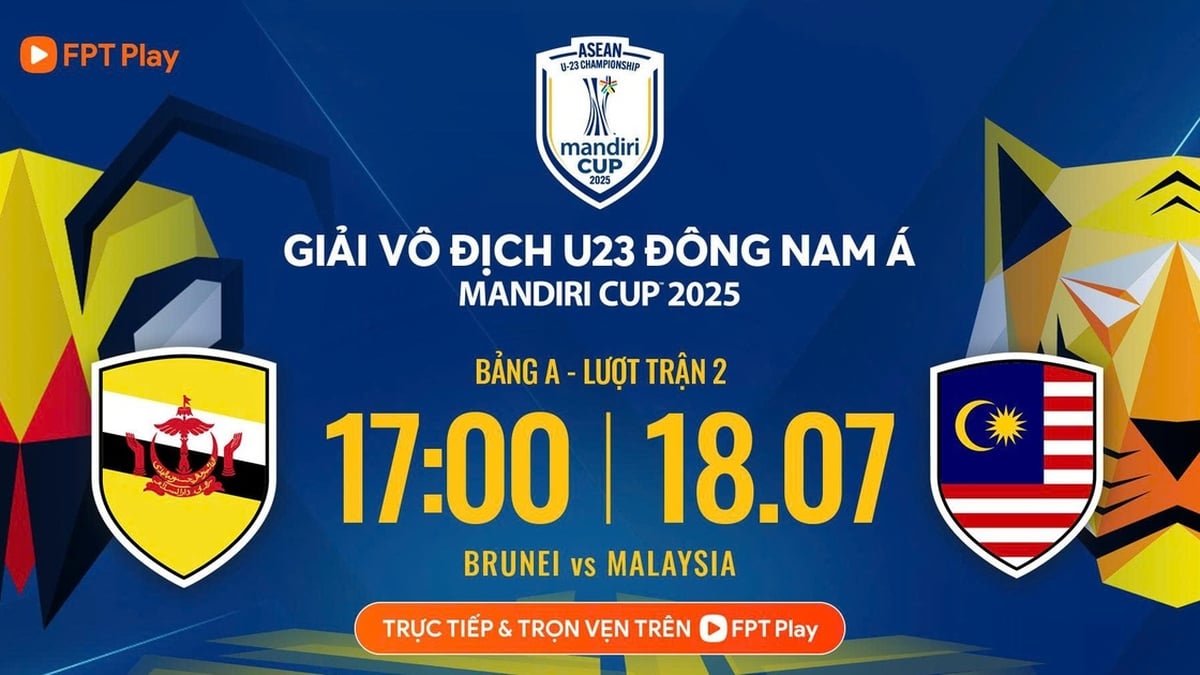
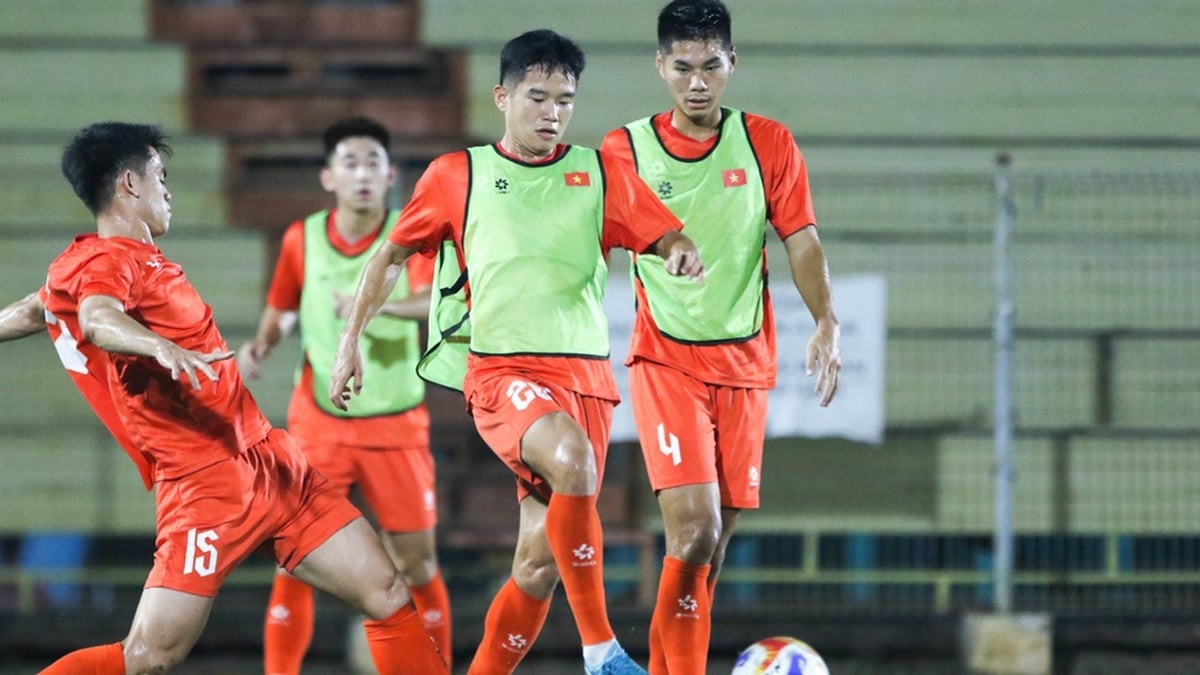
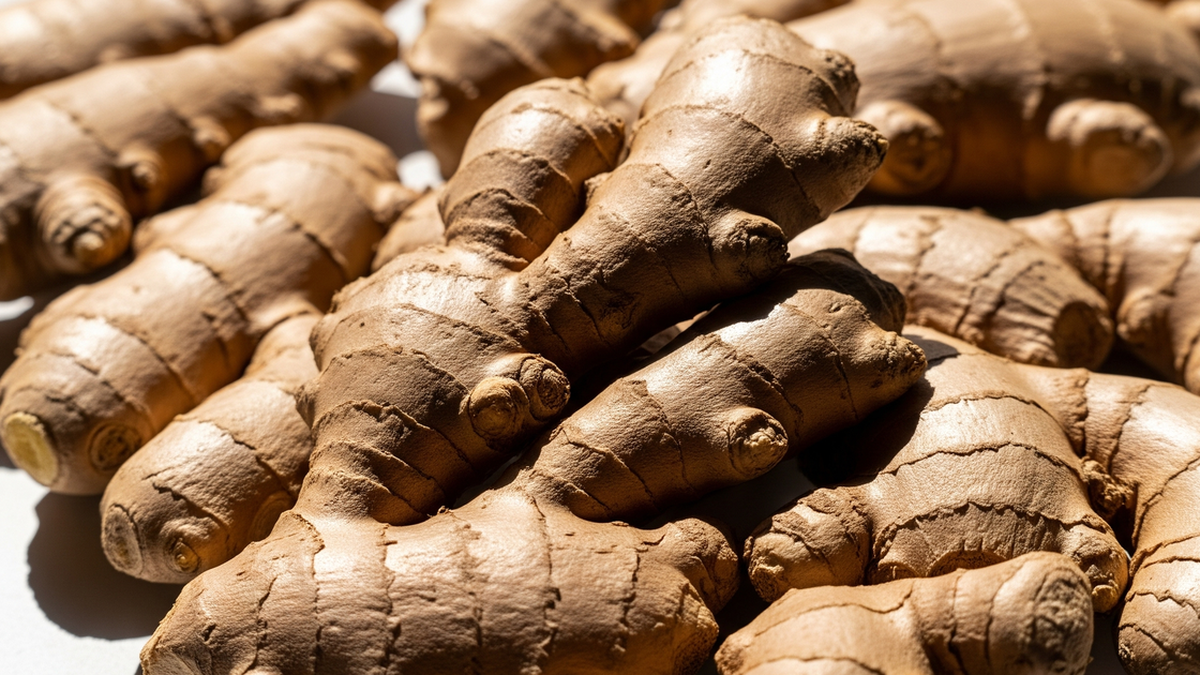
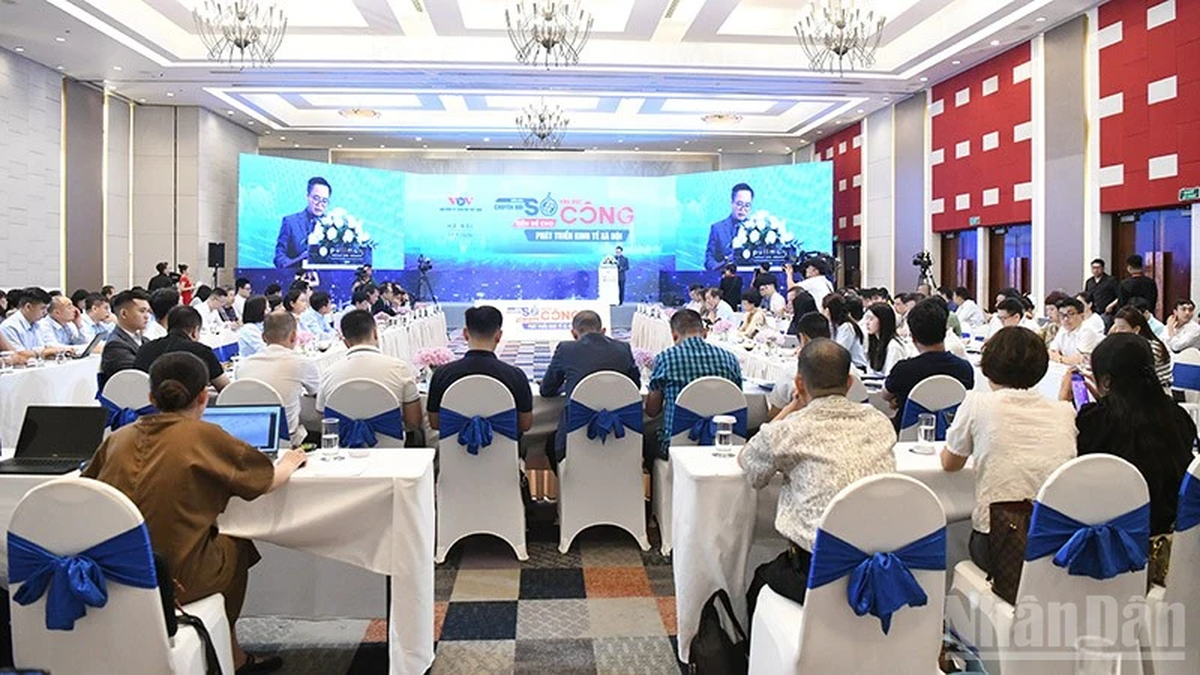
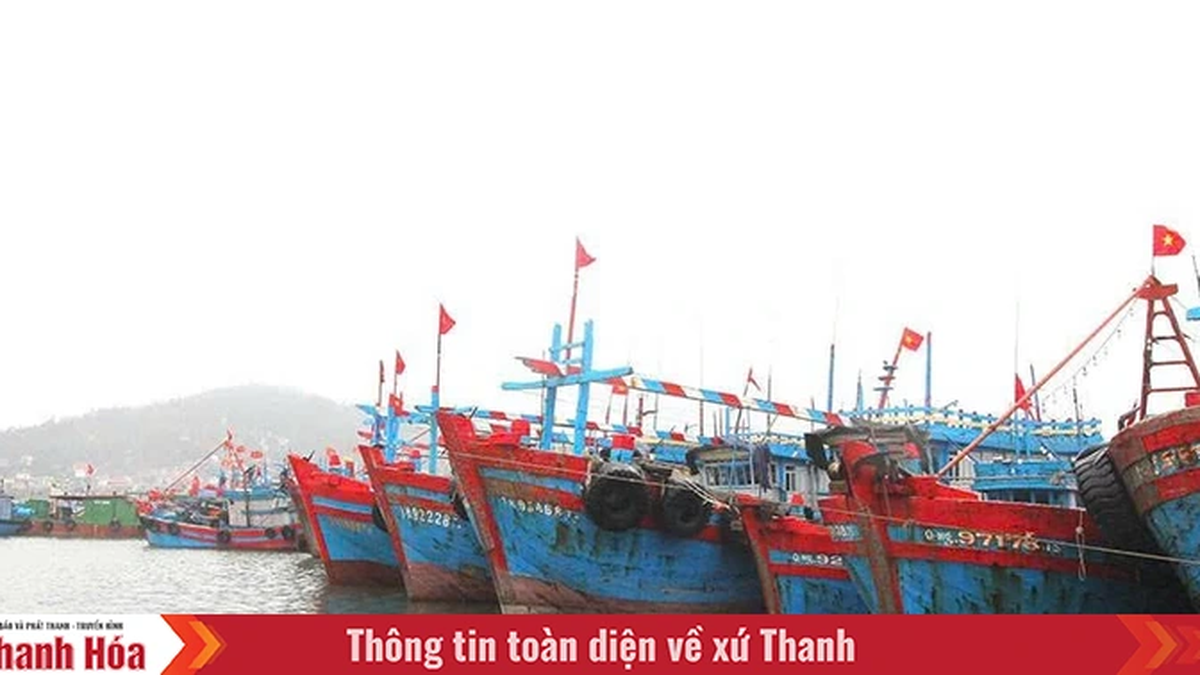
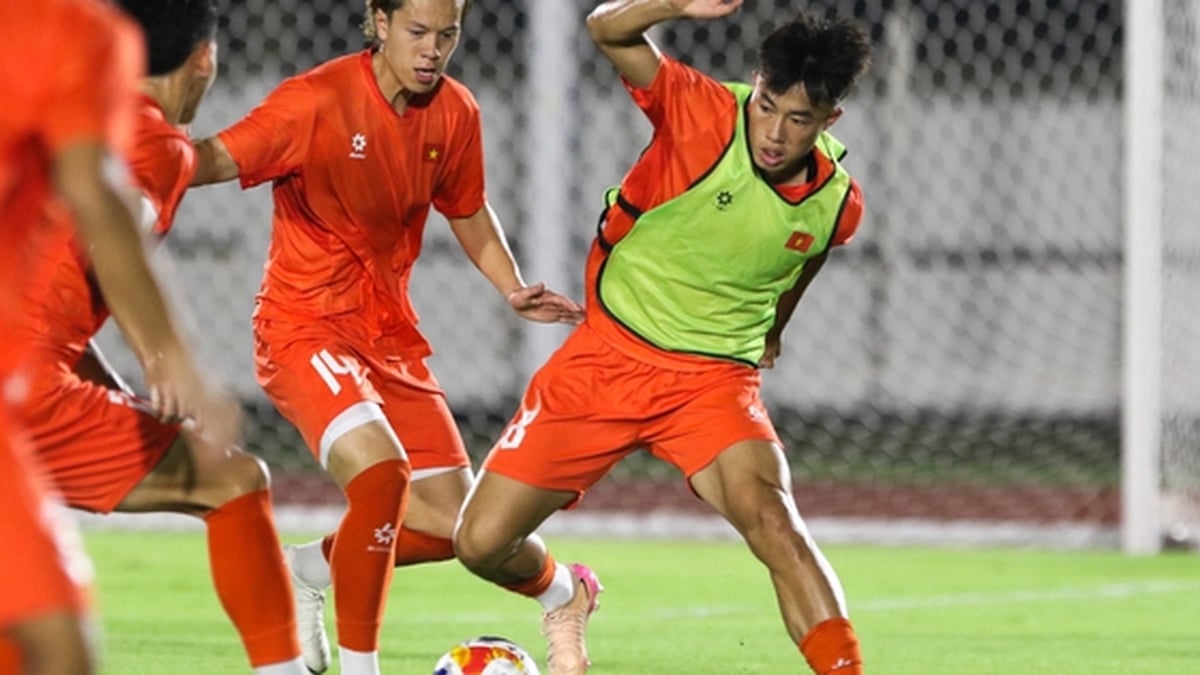




























































































Comment (0)